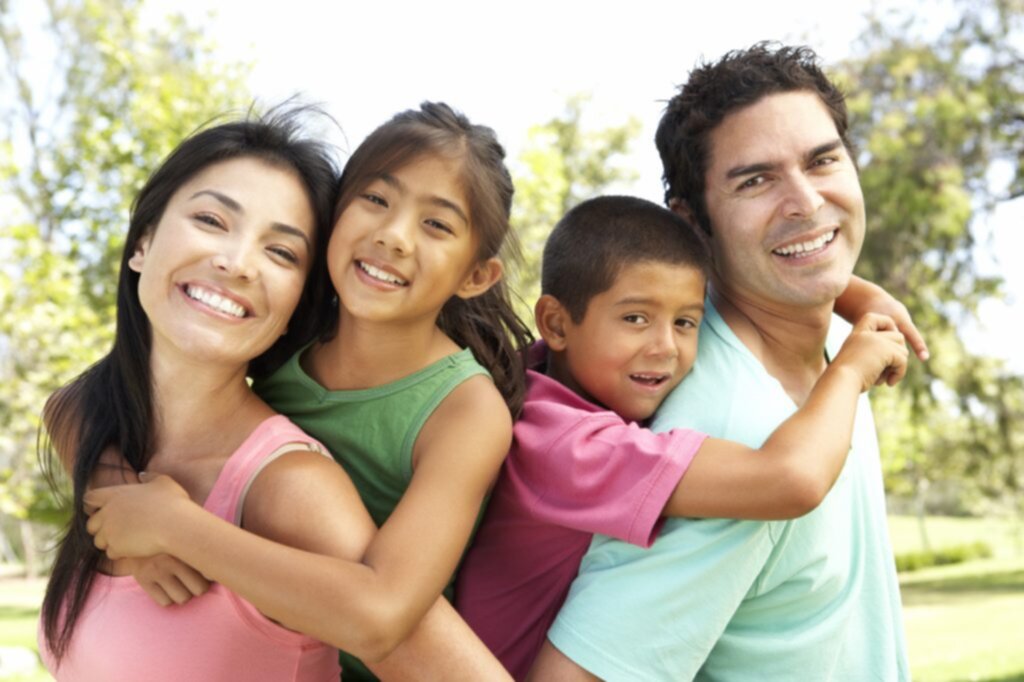
The Latino community is as diverse and wide-ranging as any other and has grown to become the second largest in the United States. When we analyze this population by culture, values, and beliefs, the first thing that is evident is the emphasis on family and community. Latinos, particularly immigrant families, often have traditional norms when it comes to familial structure where the father is the head of the household and the mother is dedicated to running the home. While these roles may feel somewhat outdated in today’s growing equality for roles of gender in the household, the Latino immigrant community still holds tightly to them. The family is where members find their identity and it’s their support system against the struggles of the everyday, as well as the first group with whom they share good things and accomplishments are celebrated.
Language is also highly important, particularly to the eldest members of the household and Spanish is still often the primary language spoken, even though kids are learning more English at school. The older family members are the ones who set the tone for respect. Latino families show warmth through physical affection and this extends beyond just family members but to anyone who is invited to their home or their social circle.
Family is the most crucial above all else and Latinos put family ahead of just about everything else. They make time in their day to deal with any family matters that might come up, often putting them above any other plans they may have had. Family, in that regard, is also loosely defined to good friends and colleagues who are considered “part of the family” even if they are not biological members.
Communication is a critical factor in how Latinos respond to one another within the community. It’s a complex dynamic that can count a handshake as a sign of tremendous respect because doing so relies on an insistence of trust while direct eye contact can be taken a sign of disrespect in certain circles. Communicative behaviors also tend to the non-communicative, through touch and stance when talking to someone both within their own race and with others. These are behaviors mired in rich traditions of heritage and, perhaps, that is the most important aspect of all -Heritage. So much of the Latino experience depends on long-standing tradition that is passed down from one generation to the next and as each decade and generation brings its own new social trends, the established routines still flourish and endure.
The Latino Family Literacy Project can provide effective training in cultural competency for working with Latino parents and kids. They offer award-winning programs for family literacy for parental involvement throughout the USA.
For bilingual books, visit our online shop.
